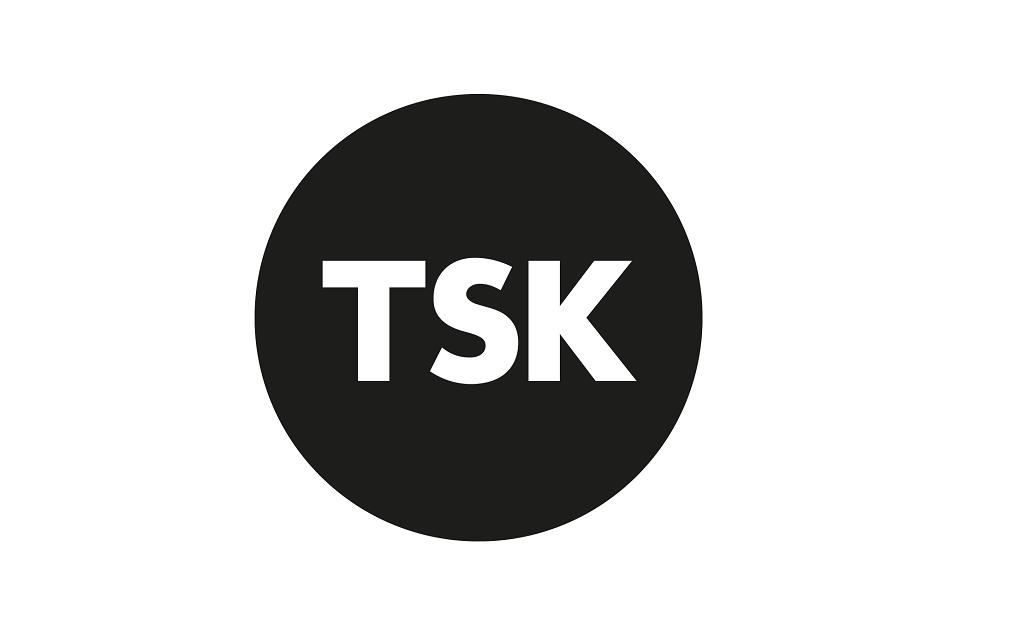Supporter mobilisation: what can developers learn from the US elections?
In less than a week, the United States will have a new President and the most divisive election in recent history will have come to a close.
By now we will all be aware of the headlines that have surrounded this election – the email scandals, the sexism, and of course, Trump’s hair – but to political geeks like me the real interesting stories concern what happens behind the scenes of each campaign, and in particular how the Democrats and Republicans are utilising technology to motivate millions of voters across the country.
Billions of dollars have been spent by both parties on researching and developing innovative ways to target voters and get them to vote. From targeted social media adverts and bespoke direct mail to robo-phone calls and television spots, both the GOP and DCC have left no stone unturned in their pursuit of every last vote.
Perhaps the most interesting development comes in the form of NGP Van’s Votebuilder, a database software that is used to track interactions with voters and which also allows for these voters to be targeted on issues that they care about. By using this software the DCC can speak to people about the things they really care about, and in turn increase the likelihood of them voting.
Emotion moves people
For example, a canvasser for the Hillary campaign knocks on the door of Mrs Smith, a pensioner who is worried that her pension will be cut in the near future. The canvasser makes a note of this concern and later on enters this information into Votebuilder, marking Mrs Smith as an elderly voter that is interested in pension policies.
Using this recorded information, the DCC then write to Mrs Smith several times over the weeks and months, updating her on its policies on pensions and how Hillary Clinton will make sure that those in retirement get a “better deal” if they vote for her. As well as this, Mrs Smith will also receive emails, again from the DCC, explaining how Donald Trump’s economic policies will mean her pension will be under threat and that those in retirement will have no choice but to go back to work in order to make ends meet.
This barrage of information, it is hoped, will ensure that Mrs Smith votes for Clinton on election day, fearful that a Trump victory will mean she faces certain impoverishment.
Obviously this is a very crude example, but it outlines the thinking behind how both campaigns are using data and technology to drive emotional reactions, in the form of voting, from their targeted audience.
But what can those in development learn?
We’ve all been there: after years of preparing a proposal, including meetings with planners, hundreds of architectural drafts, surveys upon surveys of the land, traffic assessments, and countless investment meetings, some campaign group is set up against your well thought out plan and convinces local politicians to derail your planning application. Not only is it disheartening, it can become a costly exercise too, as all those years of preparation can be undone in just one committee meeting.
But what if those in the development sector could not only better identify supporters but also improve the likelihood that they would express their support more vocally? This would rebalance the political debate around development proposals, giving developers and those that support their applications a much fairer hearing.
There is a host of software programmes out there to do this. Remarkable Engagement is an expert in one of the most powerful stakeholder management systems and has experience in utilising this software to not only track interactions with supporters but also encourage them to express their support more widely.
Our experience has not only helped drive support for so-called contentious planning applications, but also assisted in overturning officer recommendations for refusal after highlighting to local politicians why the people they represent believe developments such as houses, food stores, and employment sites are needed.
If you fancy a chat about how Remarkable can use this software to encourage more vocal support for your proposals, or would simply like to talk more on mobilising supportive residents for a specific application, drop us a line!
Selected industry experts bring you insight and expert advice, across a range of sectors.
Subscribe for free to receive our fortnightly round-up of property tips and expertise
Selected industry experts bring you insight and expert advice, across a range of sectors.
Subscribe for free to receive our fortnightly round-up of property tips and expertise





